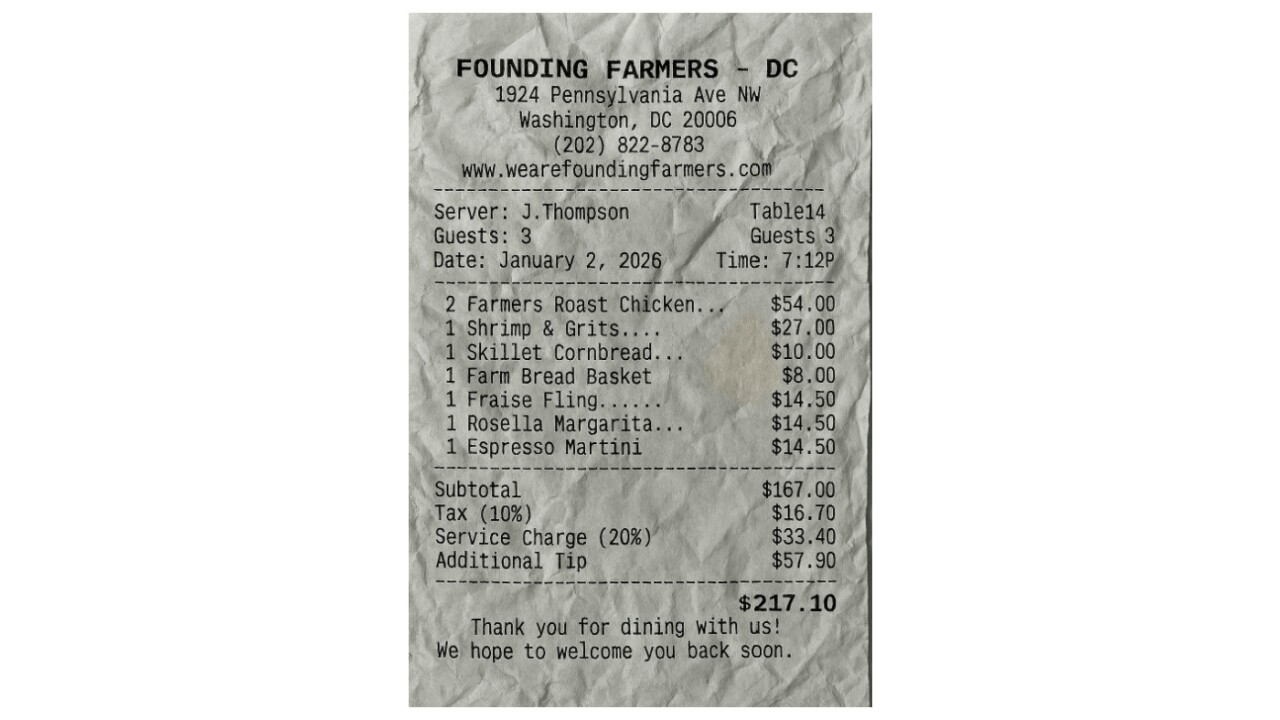
Banks and trade groups are seeking to stop the Consumer Financial Protection Bureau's $5 overdraft fee rule from going into effect next year.
Bank trade groups filed a
Four bank trade groups and three banks
The rule would apply only to the largest banks and credit unions, defined as those with more than $10 billion in assets. Banks claim an injunction is warranted because of the irreparable harm of "nonrecoverable compliance costs."
The groups also allege the CFPB's overdraft rule, which was finalized last week, violates the so-called major questions doctrine, which the Supreme Court claims limits the ability of administrative agencies to take actions of significant political or economic importance without clear congressional authorization.
Overdraft services have been offered as a discretionary service by banks for decades. Financial institutions claim they retain the discretion to pay, or decline, charges that would overdraw a customer's account.
The CFPB's rule upends 55 years in which regulators exempted overdraft from the disclosure requirements of TILA; the industry Federal Reserve Board has long claimed that overdraft fees are not credit. That interpretation of TILA remained in place for 14 years after Congress transferred regulatory authority from the Federal Reserve to the CFPB. Banks argue that consumers "have no right to overdraw their account or defer repayment," a significant difference from credit products such as loans.
"By attempting to reclassify overdraft services as credit, the CFPB's rule would not only fundamentally alter the way overdraft services operate, but will require banks to underwrite consumers that in many cases cannot be underwritten under conventional methods," said Weston Loyd, a spokesman for the Consumer Bankers Association.
He said the rule "would harm Americans who are in need the hardest by limiting their access to liquidity through overdraft services."
Bank trade groups say they are
CFPB Director Rohit Chopra has lambasted banks for charging excessive overdraft fees — which can be as high as $35 — and has called the Federal Reserve's TILA exemption a "loophole" for banks. Chopra also has said that overdraft fees were never meant to be a major profit driver for banks; the Bureau estimates the rule will save consumers $225 per household, or $5 billion a year in the aggregate.
When the bureau released the rule last week, Chopra called overdraft fees "excessive junk fees" and said the rule would require big banks to "come clean about the interest rate they're charging on overdraft loans."
The motion for an injunction claims the CFPB has conducted a "highly politicized and publicized campaign against so-called "junk fees," and thus resembles the kinds of politically charged rules the Supreme Court has recently said demand greater judicial scrutiny under the "major questions" doctrine."
The lawsuit and motion were filed by the Consumer Bankers Association, American Bankers Association, America's Credit Unions, Mississippi Bankers Association and three banks directly affected by the rule. The three banks include Arvest Bank in Fayetteville, Arkansas; Bank of Franklin in Meadville, Mississippi; and The Commercial Bank in DeKalb Mississippi.






